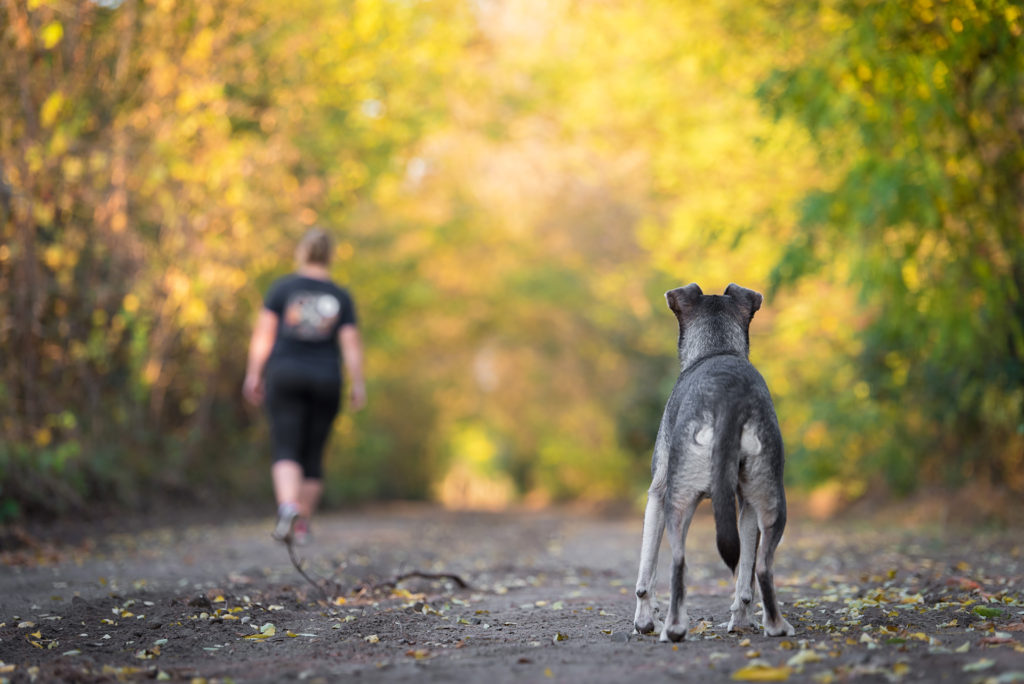October 28, 2021
Preventing the Unthinkable
I have written many times that my twin preoccupations throughout the pandemic have been protecting our staff and protecting our ability to care for the animals that truly need us. I have been troubled by the thought that a COVID outbreak on site could mean the unthinkable: that Ottawa’s animals might have nowhere to go.
The initial challenge was a reduced number of staff on-site to keep two animal care teams separate, so if there were an outbreak, another team could step in for a time. More recently, the OHS, like many employers, is facing a lack of qualified staff.
Both challenges have forced the shelter to look at its capacity for care. Capacity for care is a surprisingly new concept in animal sheltering. It means that you can only intake the number of animals that you know you can reasonably care for. Without sufficient staff, we cannot house as many animals and ensure we can care for all of them. Recently, we have been facing these challenges more days than not.
To always be here for all animals in distress — those who really need us — we have had to move to a managed admission model — essentially triaging our intake. We assess each animal’s situation and plan their admission based on three broad scenarios.
Animals in distress are always admitted immediately. Any animal that is sick or injured or in immediate danger is obviously in distress. Dogs at large are always considered in distress, but a cat sunning herself on a fence likely isn’t.
Expedited entry is for animals that we know we can care for — with no significant medical or behavioural issues. They are not in immediate distress. We know we can move these animals through to adoption with the staff and other resources available now or in a week or possibly more.
Coordinated entry is for animals whose care will require some planning. We might not have the resources right now, but we will, and we know that the animal isn’t in distress. Rover has issues, but he’s with his family; Fluffy is outside, but she looks healthy and the weather is good; Minou is definitely lost, but can stay with the family that found her for now, until we can admit her. When our resources are stretched, it may be several weeks before an animal’s coordinated entry can occur.
I know this system has confused the public. They aren’t used to the OHS delaying entry, at least not very often. Rumours that we are “closed” have been circulating the internet. We aren’t, but the pandemic has created many challenges and many changes that have made life more difficult for us all, and the OHS certainly hasn’t been immune.
But, despite the challenges, we continue to prevent the unthinkable.
Bruce Roney
President & CEO

